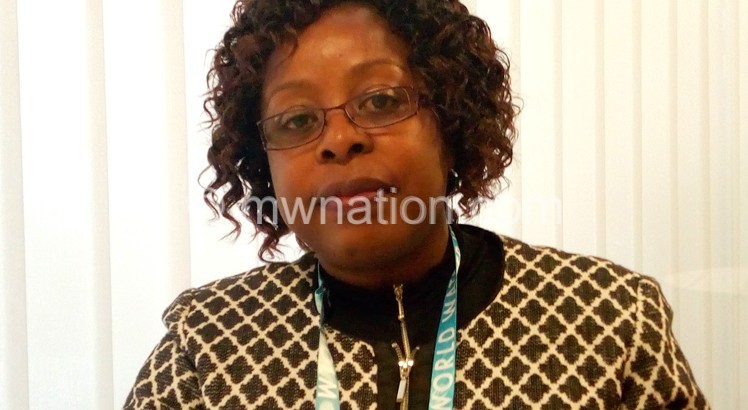Study reveals menstrual health gaps
New evidence from eight districts in Malawi shows the mushrooming of organisations promoting menstrual health and hygiene can improve lives and rights of women and girls if providers unite to make user-friendly products accessible.
Since March, environmental health researcher Christabel Kambala spoke to schoolgirls, women, teachers, health workers and providers of menstrual health products to understand the type and acceptability of reusable sanitary pads currently in use.

The good news, according to findings presented on Thursday at the World Water Week in Sweden, is that the influx of reusable pads, even those made in schools by pupils and mother groups in schools, are restoring smiles on the face of girls and women who used to depend on old fabrics and blankets due to lack of affordable and user-friendly sanitary pads.
But the downside is that the country lacks a united front and policies to confront myths surrounding menstruation and ensure users get menstrual health management (MHM) services that are up to standard, said Kambala.
“First of all, we don’t have guidance, policies, a technical working group and coordination in the menstrual health management sector. This means that interventions are fragmented and unregulated. But MHM hinges on quality and desirable behaviours. If we don’t get quality issues right, it will defeat the purpose of improving the wellbeing of girls and women,” said the lecturer based at the University of Malawi’s Polytechnic.
The second part of the study is underway to establish the status of the menstrual health sector, including the number of service providers, where they work and the quality of their work.
In February, the change agents formed an interim task force after conducting ‘a walk of pride” to Parliament where they petitioned the Women Parliamentary Caucus to put menstrual health high on the public health agenda.
The group will hold a national event in Lilongwe on September 20 where they will showcase how they are breaking the silence and taboos as women and girls keep experience shame, embarrassment and discomfort due to lack of affordable quality products, privacy and awareness.
A study conducted in India by Dr Belen Torondel, with funding from the Liverpool School of Hygiene and Tropical Health, shows reusable sanitary pads may as well be exposing some girls to urinary and reproductive tract infections caused by germs found in water used to wash the products and hidden places where they dry them to evade the taboos.
Unicef water and sanitation specialist Brooke Yamakoshi said improving MHM is a top target on the United Nations children agency’s Gender Action Plan, but more work still needs to do to effectively meet the needs and rights of women and girls.





